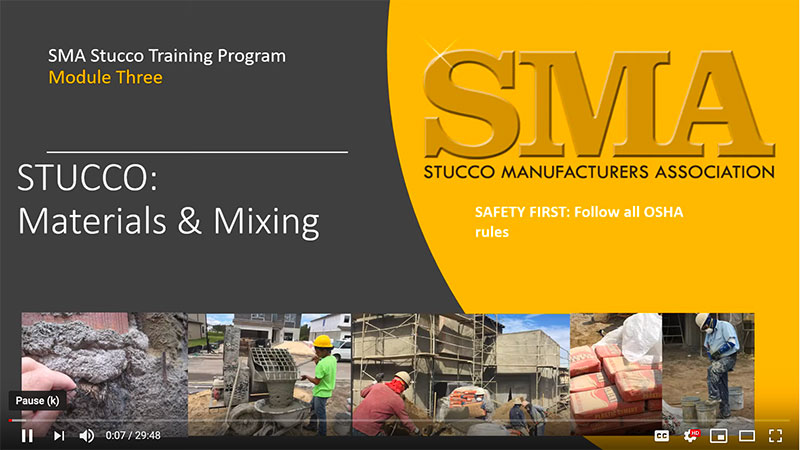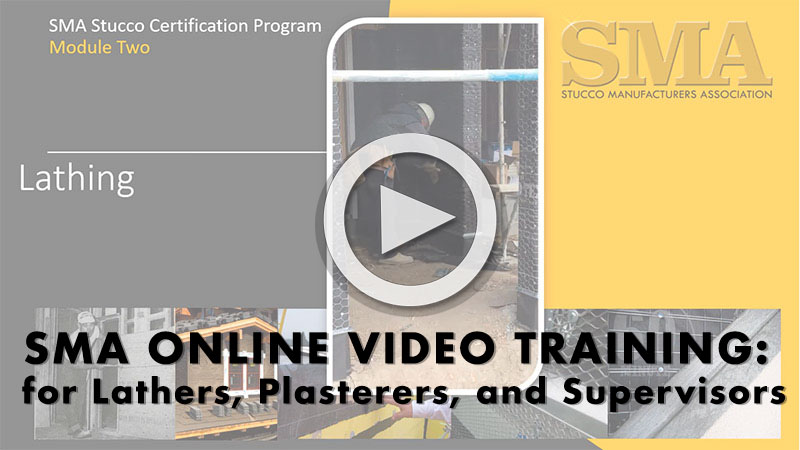PLASTERER: A plasterer uses a hawk and trowel to apply wet plaster mixes. The plasterer uses a variety of tools to level, flatten, cut, shave and compact plaster base coats. Finish coats require a talent to achieve a wide range of desired textures. This includes an in-depth knowledge of materials such as sands, cement, limes, and additives used to impart desired characteristics in plaster. The plasterer should be able to walk a lathed structure and spot deficiencies that may impact their plaster work. Trowel skills are paramount, production plasters should understand the machines used to apply plaster, including the mechanics, safe operation and maintenance required for these machines.
The plasterer must be able to identify quality plaster sand from poor sand. The plasterer should be capable to identify various plaster systems and the caveats with that system. They should know a variety of textures and various finish materials. They should also understand the stresses placed on plaster/stucco and able to use their knowledge to minimize cracking. Plastering is very skill intensive, and the level of expertise/skills will vary widely between plasterers.
The SMA video training course on Plastering contains three modules (plus an optional test for those wanting a certificate).
The modules cover how to trowel smooth coat cement finish and make stucco more crack resistant. Plasterers will learn proper mixing, the difference between acrylic and cement finishes, and various textures used around the U.S.
Each module is 30 minutes. You can also choose to take an optional 50-question test (cost $75) if you want a certificate of completion on Plastering.
Note: The SMA also offers a combined Lathing and Plastering (LP) certificate for those who pass both the Lath and Plaster tests (at reduced cost of $100 for both).






